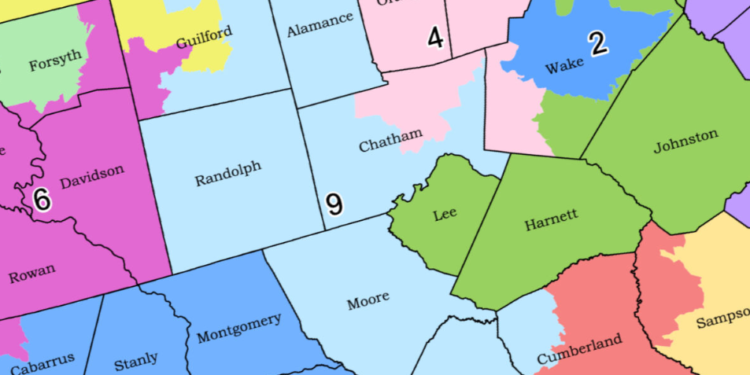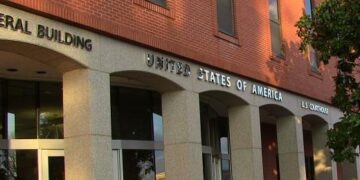Dec 12, 2024 Story by: Editor
North Carolina legislative leaders have petitioned a three-judge federal panel to dismiss parts of two lawsuits challenging the state’s congressional and legislative election maps. Lawyers representing Republican lawmakers filed a motion for partial summary judgment on Friday, targeting claims in Williams v. Hall and North Carolina State Conference of the NAACP v. Berger. Both cases are slated for trial in June 2025.
“This motion provides the Court an opportunity to significantly narrow the issues for trial in these consolidated redistricting cases,” lawmakers’ attorneys argued. They contend that most plaintiffs lack standing to challenge 143 districts because no plaintiffs or their representatives reside in those areas.
The motion also questions the NAACP and Common Causes standing to challenge certain districts. “Insufficient evidence exists to support assertions of associational standing by the two organizational Plaintiffs,” the motion states, arguing for the dismissal of vote-dilution claims based on this reasoning.
The lawsuits also allege racial bias and “malapportionment,” a discrepancy in voter-to-representative ratios. However, legislative leaders countered these claims, asserting, “[N]o evidence supports malapportionment claims against North Carolina’s legislative plans,” and emphasized the strong presumption of the plans’ constitutionality.
Consolidated Cases Move Forward
In March, a three-judge panel, including 4th Circuit Appeals Court Judge Allison Jones Rushing and U.S. District Judges Richard Myers and Thomas Schroeder, consolidated the two lawsuits. Judges cited “common issues of fact and law” and argued that consolidation would enhance judicial efficiency.
The plaintiffs, represented by groups such as the NAACP, Common Cause, and the Southern Coalition for Social Justice, argue that the 2023 redistricting maps undermine the voting power of Black voters in violation of the Voting Rights Act and the U.S. Constitution. An 87-page complaint accuses the General Assembly of dismantling Black opportunity districts and diluting minority voting power, particularly in the state’s Black Belt.
Timeline and Broader Implications
If successful, the plaintiffs could compel lawmakers to redraw maps for the 2026 election cycle. The trials, including Pierce v. NC State Board of Elections, which challenges two state Senate districts, will set critical precedents in North Carolina’s redistricting battles.
Calls for Fair Elections Persist
Separate from these cases, former state Supreme Court Justice Bob Orr has appealed the dismissal of his lawsuit seeking state court recognition of a constitutional right to fair elections.
As the legal battles unfold, the courts’ decisions could have far-reaching implications for North Carolina’s electoral landscape. Source: Carolina Journal

















